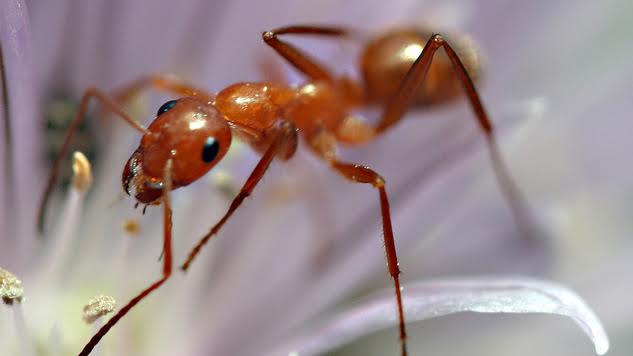Even Ants Have a Work-Life Balance. Shouldn’t We?

Human beings watch out: when it comes to a work-life balance, our species may prove the exception to the rule. A recent study by the Missouri University of Science and Technology found that ants—insects famous for their industrious nature—exert less effort in pursuit of maximum returns.
Studies show that overworking decreases not just the quality of life, but also the quality of work. They also show that overworking is, paradoxically, more common in societies that don’t need to work harder for survival. Indeed, the Japanese word “karoshi,” which means “death by overwork,” speaks volumes to this phenomenon.
Despite modern society’s technology, knowledge and development, workload boundaries have a lot of catching up to do. Yes, we are “top of the food chain.” But the biggest threat to our species is ourselves. Why do humans ignore an instinct that is so common—and necessary for survival—throughout the animal kingdom?
What We Can Learn from Ants
Scientists at the Missouri University of Science and Technology used a computerized vision analysis program that tracked the walking behaviors of ants in colonies. They found that in smaller groups—of 30 ants, for instance—60 percent of the worker ants were not moving at any given time. But when scientists observed walking behavior in a group of 300 ants, that percentage increased to 80.
The inactive ants kicked back with the understanding that because the group functions as a whole, it is more efficient to have a smaller percentage of the colony do the heavy lifting for the others. “Taking one for the team” is more effective than “all hands on deck.” Allowing just some ants to do more work conserves the group’s most precious resource: energy.
In other words, the more ants, the less work. If humans employed similar logic, New York City would be as laid-back as the beaches its inhabitants escape to when their jobs drive them to a state of exhaustion.
-

-

-

-

- Curated Home Page Articles By Test Admin October 21, 2025 | 3:10pm
-

- Curated Home Page Articles By Test Admin October 21, 2025 | 2:57pm
- Urls By Test Admin October 21, 2025 | 2:57pm
- Curated Home Page Articles By Test Admin October 21, 2025 | 2:55pm
-

-

-

-

-

-

-

-

-

-

-

-

-

-

-

-

-

-

-

-

-

-

-

-

-

-

-

-

-

-

-





































